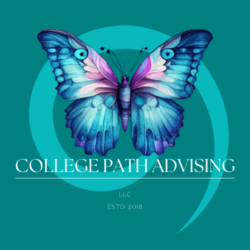Archive for January 2018
Hello world!
Welcome to WordPress. This is your first post. Edit or delete it, then start writing!
Read MoreHow to Take the SAT, ACT for Free
How to Take the SAT, ACT for Free – Here is a great article from US New & World Report on how to take the SAT and ACT for Free for those that qualify (click here). In Wake County Public Schools, students are offered the ACT for free and typically take it during a regular…
Read More9th and 10th Grades – Savvy High School Students Path to College – Mindful Volunteering.
There is a tremendous focus right now on seniors applying to college. It’s a stressful and exciting time as seniors make their decisions on where to apply and how they are going to present themselves. However, what about 9th and 10th graders? This blog post is going to give you a useful step on the…
Read MoreRALEIGH NATIONAL COLLEGE FAIR – March 20th
Raleigh National College Fair hosted by NACAC (National Association for College Admissions Counseling) will be at Raleigh Convention Center Exhibit Hall C 500 S Salisbury St. Raleigh, NC 27601 Tuesday, March 20, 2018 –4:30 p.m. to 7:30 p.m. https://www.nacacfairs.org/attend/national-college-fairs/raleigh-college-fair/
Read More
